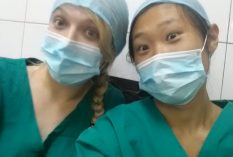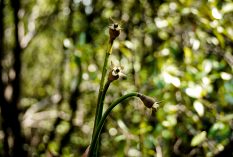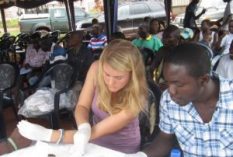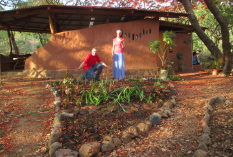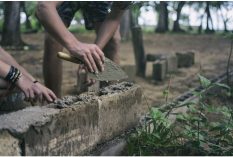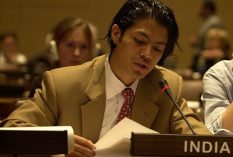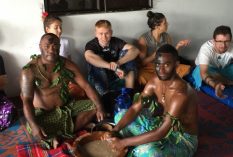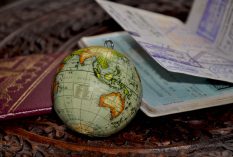There’s nothing new about the criticisms of “Gap Yah”: troops of primarily young Europeans hostel-hopping around Southeast Asia and South America, getting drunk and seeing the sights, gathering enough superficial understanding of the places they visit to make sweeping generalizations and good jokes over beers with other backpackers. “I’ve done Europe, Thailand, South America…” they’ll say, without much thought as to what exactly “done” means.
Truthfully, these types of trips seem more like a social media campaign of attractive pictures and Facebook comments designed to improve the status of that individual in his or her own society, rather than offering a genuine expedition into the unknown or experiencing a careful selection of new things with both depth and purpose.
Gap Yah and hostels have a culture all of their own. To travel on the backpacking circuit is to experience a parallel universe that exists alongside the reality of the general, working, family-oriented population all over the world. Days are spent taking photos at famous world icons, and evenings feature intoxicated escapades and brief interludes of small talk about where everyone is from, where they’re going, how long they are traveling for, and what impression they’ve gathered of this or that particular foreign land. And the next day the flocks migrate to another iconic site and more of largely the same conversations with new faces. In the end, regardless of where you’re from, where you’re going, or how long you’re traveling for, everyone has more or less the same experience on this type of trip.
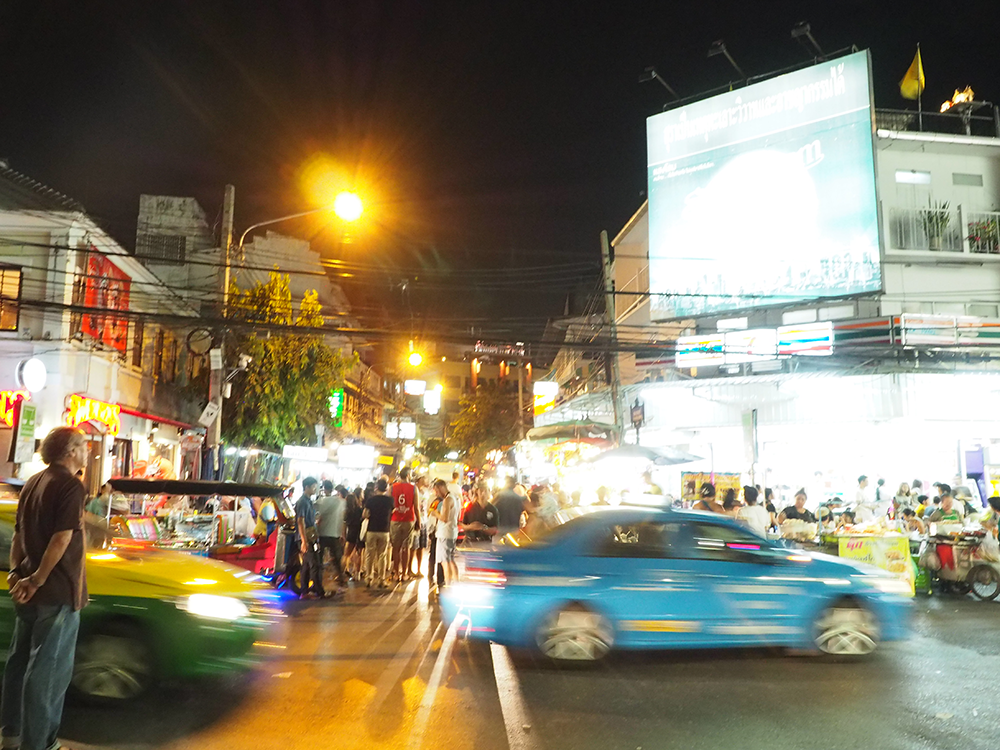
The (in)famous Khao San Road in Bangkok. Don’t spend your gap year here. At least not all of it..
So here’s where the difference between a Gap Yah and a Gap Year comes in. I’m a huge proponent of well-planned, meaningful gap years and a venomous opponent of these debaucherous, thoughtless “Gap Yahs” that turn out young people on the other side with the kind of institutionalized uniformity you’d expect of a mayonnaise factory. I’m 26, currently on a gap year to start my own freelancing business, and have done enough of both these kinds of travel to speak from experience.
The idea itself of taking time to explore the world outside the formalized structures of the office or classroom is sound, and based in the traditions and philosophies of cultures like the Australian aborigines and Native Americans. But, like anything in life, you can do it with purpose, dignity, and foresight, or you can do it like a moron. One can be a lawyer who upholds the law to the highest degree and pursues an esteemed career, or one can be a lawyer who screws everyone over for his own benefit. That doesn’t mean we should stop telling people to study the law. One can be a teacher who invests in every pupil and innovates local education policy, or one can be a teacher who goes through the motions and makes a wholly unremarkable contribution to his community. That doesn’t mean we call teaching is a worthless profession.
In that same vein, some young people are taking gap years in a misguided way. This doesn’t mean we should stop telling them to travel or take the time off the superhighway of life to explore and learn and validate and embrace adventure. It just means more action is needed to direct them into a well-balanced and well-articulated use of this time.
” live unconventionally and use new adventures to educate and understand yourself, but have deliberate goals and intentions behind them so you derive maximum benefit from those experiences.”
Part of the problem could come from the classic gap year being done at such a young age, before university even starts. In this case, I agree with Liam’s coarse analysis that university itself is a fine place for exploration and growth, a growth I think is much needed before dumping an impressionable 18-year old in Bangkok with a backpack. A post-graduate gap year, ideally negotiated with an employer willing to defer a contract, is a better option. The maturation undergone during university will make for a smarter and more self-aware traveler.
Problems also occur when 28-year olds who have no idea what they’re doing with their lives “take some time off” to “see what happens.” These people are also in an impressionable state and floating off without a firm identity into so many new places and faces is a recipe for either a mental breakdown or winding up 40, single, and still living in a beach hut in Goa. By all means, live unconventionally and use new adventures to educate and understand yourself, but have deliberate goals and intentions behind them so you derive maximum benefit from those experiences.
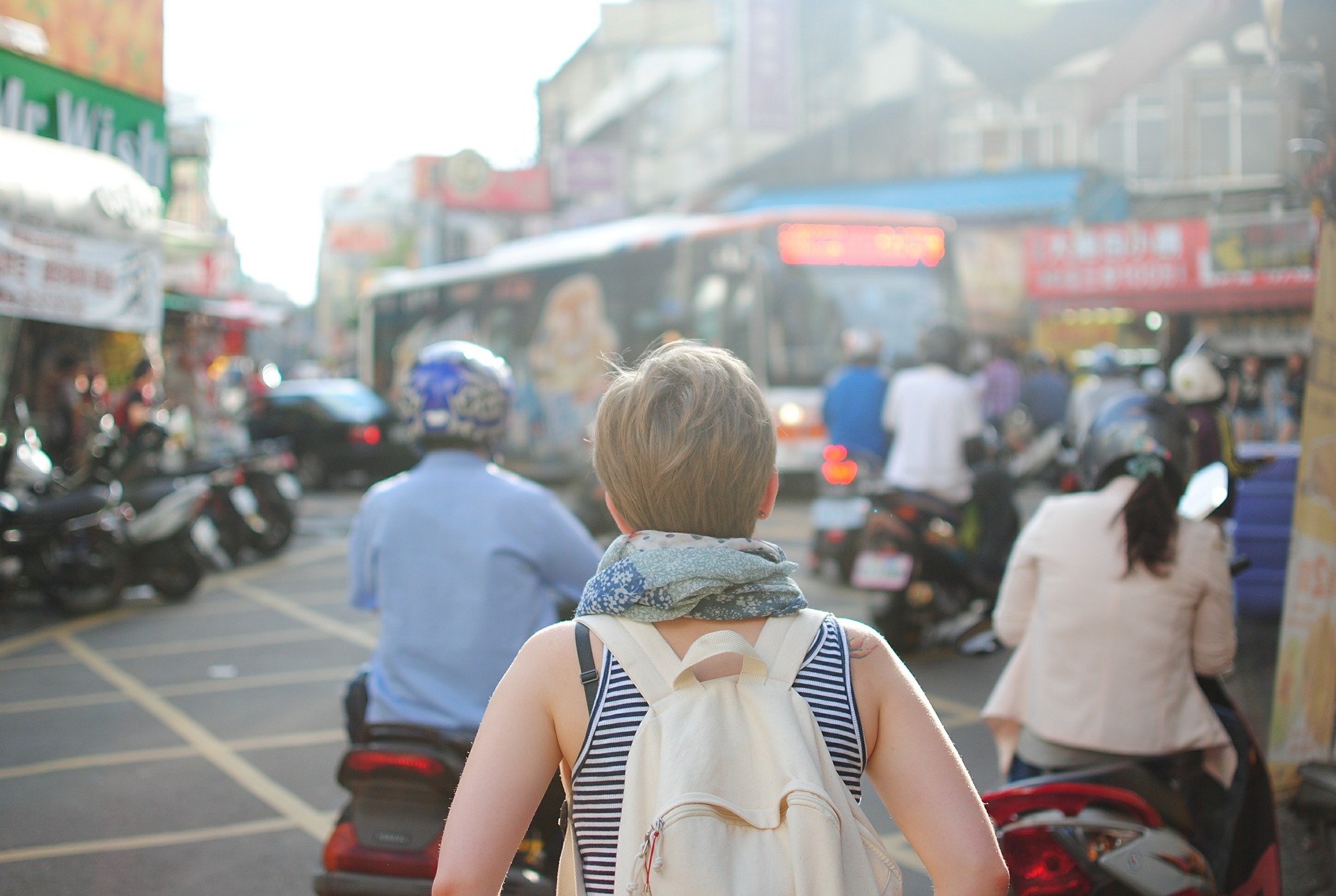
Are you ready for this?
Personally, I traveled for extended periods of time at 18, 21, 23, and 26, and I find my best experiences came at 21 and 26, right after university, and right after 4 years of real-world work experience. I knew who I was, I knew what I wanted out of those trips, and I was able to hop on and off the usual travel circuit with the self-direction you develop after a good education and more lines of experience on your resume. You have a value system that’s more firmly screwed down because it’s already been tested in the spaces between home and full adult independence that are supported by some form of community. You have studied certain parts of the world from afar, and now you know what you want to validate when you go there firsthand. You have a career, a community, and a purpose to return home to. Being tethered a little more tightly to one place lets you experience other places with an improved capacity for depth, compassion, and understanding.
I using the word “purpose” and “intention” very often here, because having or not having these elements determines whether you or your child or loved one goes on Gap Year or Gap Yah. Do you know who you are? Do you know what you want when you come home from your year away? Do you have a plan for using this time to educate yourself in a new format and experience how other communities around the world really operate — not just by observing them from behind a camera lens or bus window?
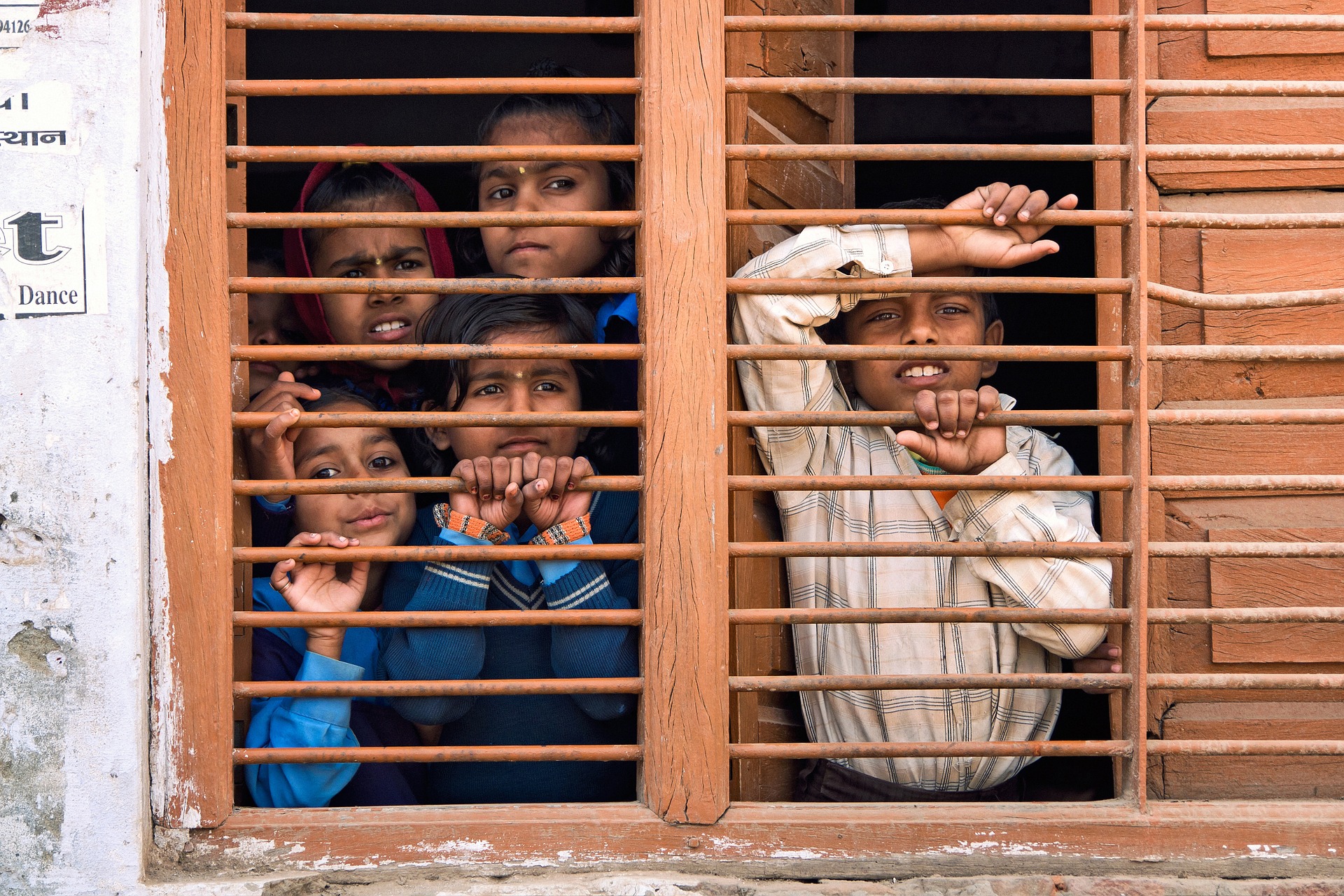
View the world from a new perspective
I’ve been there. I ran circles around several continents and saw everything there was “to see,” but I came home without any real idea about what it all meant or how it concretely changed me. But when I chose a place and a skill or experience I wanted to gain, and then sunk my feet in for a few weeks or a few months, my growth was measurable. I went to China and learned to speak fluent Chinese. I did an internship in Egypt and studied Arabic. I took work assignments in select countries in Africa and learned to do business in a new region. I studied meditation in south India. I volunteered on a farm. I set a goal to couchsurf and hitchhike across Taiwan. Guess which parts of my years abroad were most fulfilling?
Sure, I’ve danced on the beaches of Thailand and drank too much tequila in Mexico City and enthusiastically swapped stories with other travelers in hostel rooms everywhere from Swaziland to South Korea, and those experiences were fun. They introduced me to the world and got me comfortable with traveling and allowed me to meet like-minded people, but in the end, I realized we were all people with different reasons for being alive, with different goals and talents, and yet we were experiencing all the same things in all the same parts of the world. What good is that? So I started to travel — and help others travel — in a way that takes advantage of the full breadth of what’s possible to do in the world and the full breadth of our individual identities.
“Pick something you love and connect it to the mecca of where it’s done and who does it and go there and learn from them.”
If you love music, you can study the murali flute in India. If you’re spiritually curious, you can spend 3 weeks walking the camino de Santiago in Spain. If you’re artistic, you can make traditional Burmese handicrafts in Bagan. If you love the outdoors, you can learn to rock climb on the best cliffs in Asia in Yangshuo, China. If you’re a doctor, you can study Ayerveda medicine in Indonesia. You can drive an RV across Australia, ride a bike across Europe, work on farms in west Africa, study Thai massage, couchsurf across Brazil, hitchhike across Japan, or run marathons on every continent and raise money for a cause back home like my friend Maud from France. Pick something you love and connect it to the mecca of where it’s done and who does it and go there and learn from them. Pick a language you’d really like to speak and go there and study it until you’re so fluent you dream in it. Dream up a big adventure and accomplish it.
Travel with a purpose and you’ll never wind up on Gap Yah, following the crowds and having the same conversations on repeat in different hostels in different cities, spending your money on beers and bus tickets to the next stop. Know who you are first, and then sink your teeth into the world and leave your unique footprint behind somewhere. Deliberate experiences have a deliberate impact.
Global Nomadic offers Professional Internships, Volunteer Projects and TEFL Programmes in 29 countries worldwide. Start travelling your career today!
A former NYC management consultant turned legal nomad, Elaina Giolando writes about the intersection of career, life, and travel for today’s 20-somethings. She currently works as an international media representative, traveling to a new country every 3 months to live and work. In her spare time, she focuses on providing her peers inspiration to proactively create rewarding and unconventional lifestyles. Follow Elaina on her blog Life Before 30 or @_LifeBefore30.


